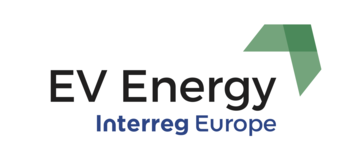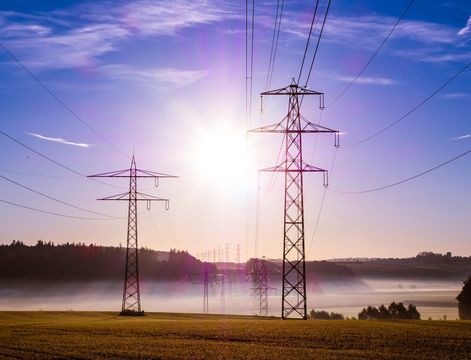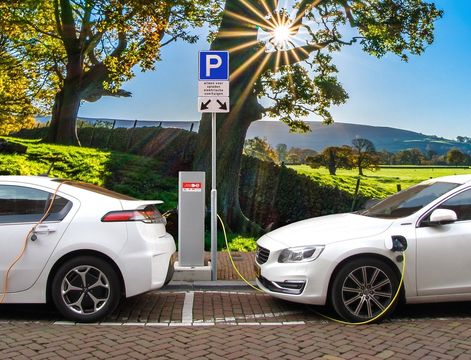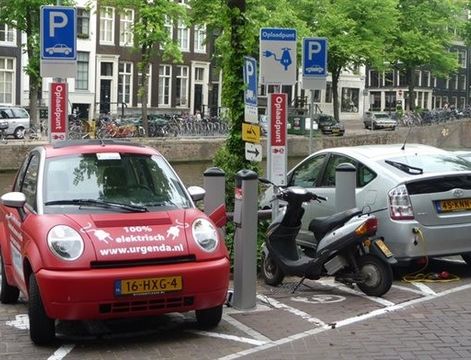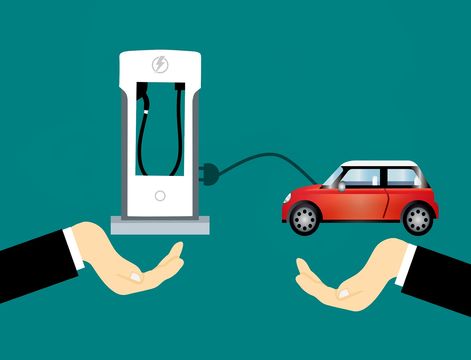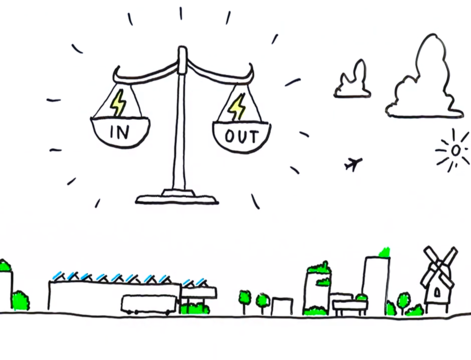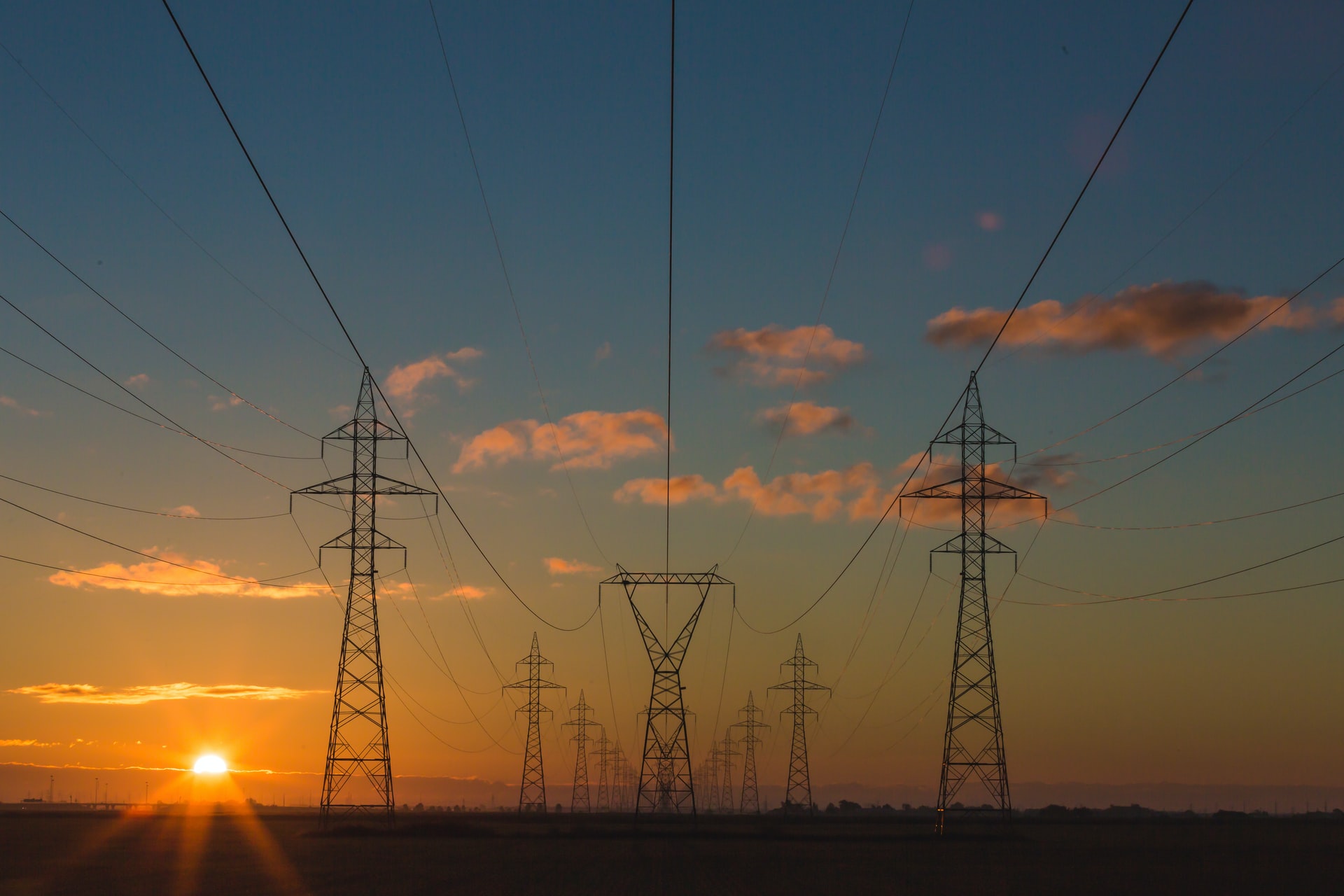Towards a Flexible Energy System
As an alternative to our Regional Stakeholder Event, we participated in the Flexcon conference in Amsterdam on 20 November 2017, where many international stakeholders and companies, like Tesla, Cisco, Siemens and Sonnen as well as national stakeholders, like TNO (national knowledge institute), Tennet and Alliander (TSO and DSO) and TKI urban energy, gathered to discuss how to reduce our dependence on fossil fuels. The main topic was the need to improve the use of renewables and increase the flexibility of our grid and energy demand.
The transition to flexible energy requires a paradigm shift in how we consume energy: from demand driven to supply driven. Or simply put; if the sun shines turn on your washing machine, if the wind blows charge your battery… However, the transition to this new model is extremely complex. It requires businesses to rethink their business models, it requires a smarter grid, it requires a new set of regulations, it requires standardisation, and most importantly it requires awareness amongst all stakeholders in the ecosystem.
We interviewed experts on what should be the role of a regional government to realise a flexible energy system and this were the main conclusions:
- A regional government should not only make policy to become energy neutral ‘on paper’, but also to become less dependent of fossil energy in times of low RES production; therefore, put effort in making the energy system more flexible. For example, if the regional government makes it possible to develop solar fields, you can add rules to contribute to storage facilities (in batteries, heat) and/or smart systems to reduce the peaks and lows in the system.
- A regional government should give regulatory space for experiments, and develop experimental projects itself.
- The cities and regions that are active in the field of flexible energy systems all have an active political lobby towards the national and European governments. They lobby for adaptation of regulations or at least to do experiments that are not possible within the current regulations.
We also asked the experts for their opinions on the expected growth of EV’s. Everyone thinks EVs will continue to grow, since well to wheel it is more efficient, though the expected growth rate varies a lot.
Flevoland will bring these insights to the current policy making process and use the contacts and input for a regional stakeholder event in 2018.
